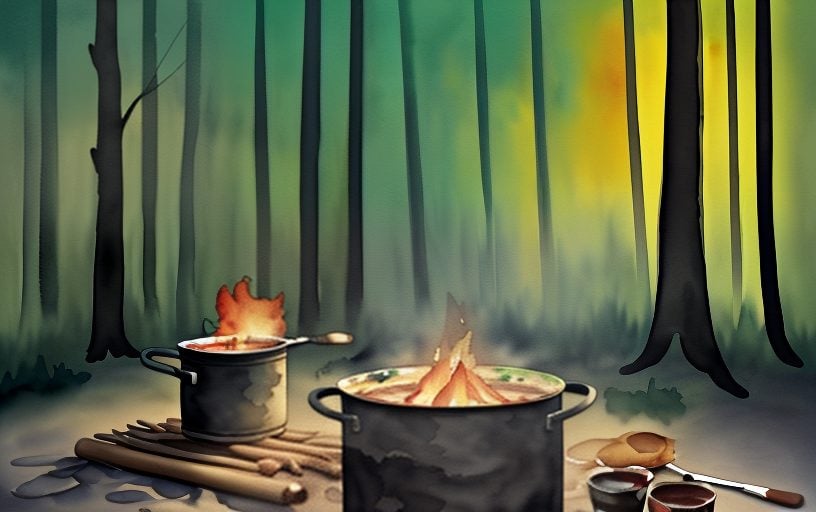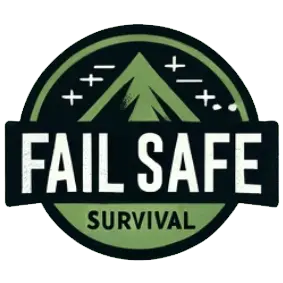Cooking During a Disaster: How to Keep Your Meals Safe and Simple
In a disaster, having food isn’t enough—you also need a way to safely cook it. Whether it’s a power outage, a severe storm, or any other emergency, it’s essential to have a plan for preparing meals without relying on your regular kitchen setup. Here’s how to stay prepared and keep cooking when the unexpected happens.
Safe Alcohol for Clean Burning
One of the simplest ways to cook when the power’s out is with alcohol burners or stoves. These run on denatured alcohol, which burns clean and doesn’t produce harmful fumes, making it safer to use in well-ventilated areas. They’re small, portable, and can be used with basic cookware to boil water or cook simple meals. Be sure to store enough fuel for several days of use and always handle it carefully to avoid spills or fires.
Solar Ovens: Using the Power of the Sun
If you live in an area with plenty of sunlight, a solar oven can be a lifesaver. Solar ovens use the sun’s energy to cook food, and while they may take a little longer than conventional ovens, they’re incredibly efficient and require no fuel. With the right setup, you can bake, boil, or steam food using just the heat from the sun.
Solar ovens are especially useful for slow-cooking meals like stews or soups. They work best during the middle of the day when the sun is strongest, so plan your meals accordingly. Since there’s no need for electricity or gas, they’re a reliable option in any long-term emergency.
Battery Storage and Electric Hotplates
If you’re looking for something more versatile, consider investing in a battery storage system with solar panels. This setup allows you to store energy during the day and use it to power essential appliances like an electric hotplate or burner when the sun goes down.
A solar-powered battery system can keep your devices charged and even run small kitchen appliances. Electric hotplates are an efficient way to boil water, cook grains, or fry simple meals. While the initial investment in a solar and battery system can be high, it offers long-term independence from traditional fuel sources and is worth considering if you’re preparing for extended outages.
Store Foods That Require Minimal Cooking
Another smart strategy is to stock up on foods that don’t need much cooking time. The less energy required to prepare your meals, the longer your fuel or battery supply will last. Instant oats, couscous, and ramen noodles are great examples of foods that can be prepared with minimal heat. Many of these foods just require boiling water and a few minutes of steeping to be ready to eat.
Insulated Cooking: Maximize Your Heat
Once you’ve boiled water for a meal, you can stretch that heat even further by using an insulated, closeable pot. These thermal cookers maintain the heat and allow food to continue cooking without needing constant energy. Simply bring your water to a boil, add your ingredients, and then seal the pot to let the residual heat finish the job. This is especially useful for cooking rice, beans, or soups, where slow, consistent heat is all that’s needed.
Conclusion
Cooking during a disaster doesn’t have to be complicated, but it does require some preparation. Whether you’re using clean-burning alcohol, harnessing the sun’s energy with a solar oven, or relying on stored battery power, the key is having multiple options available. Keep your pantry stocked with foods that are easy to prepare, and don’t forget to use methods like insulated cooking to save on energy. By planning ahead, you can ensure that your meals stay safe and simple, even when things get tough.

